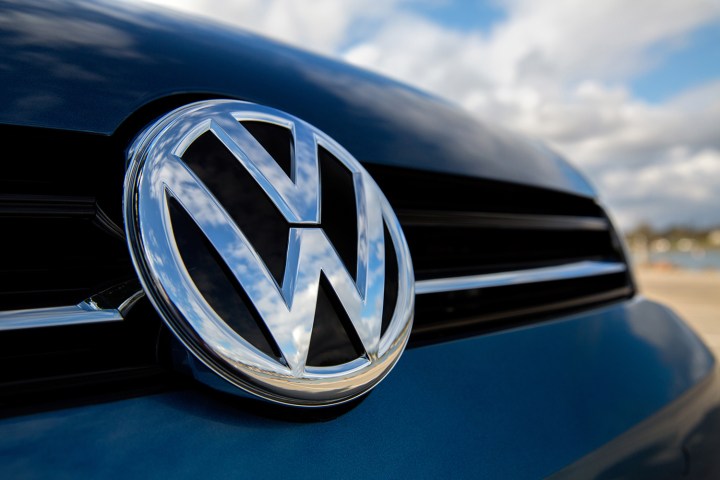
That’s according to Volkswagen Group of America CEO Hinrich Woebcken, who told Automotive News (subscription required) that VW won’t relaunch the diesel push that ended when it was discovered that the company cheated on emissions tests. Prior to the emissions scandal, Volkswagen dominated sales of diesel cars in the U.S.
“We are not stopping diesel,” Woebcken said, “But in reality, we have to accept that the high percentage of diesels that we had before will not come back again.” Diesels are part of VW’s plans for 2017 through 2019, assuming regulatory approval. Yet it’s unlikely that volumes will return to pre-scandal levels, where diesels accounted for more than 20 percent of Volkswagen’s U.S. sales.
Read more: Regulators nix modification plan for VW 3.0-liter diesels
Volkswagen stopped sales of its 2015-model diesels in September 2015, when news of the scandal broke. At the time, it thought it could get the EPA to certify 2016 models for sale, but that quickly proved unrealistic. The company hasn’t asked permission to start selling new diesels again, so it’s unclear when new Volkswagen diesels will actually go on sale here.
Fallout from the emissions scandal may be part of the reason for VW’s decision to ditch most of its diesels, but stricter regulations are a factor as well. Woebcken said that U.S. regulations set to take effect in 2019 are so tough that “we would have had to find an alternative to a certain extent anyhow,” and that the scandal just forced Volkswagen to think about it earlier.
VW will focus more on electric cars and the crossovers Americans can’t get enough of. It plans to launch a new seven-seat midsize crossover, a redesigned version of the compact Tiguan, and the Golf Alltrack, an SUV-ified Golf wagon that copies the Subaru XV Crosstrek and Outback formula.


